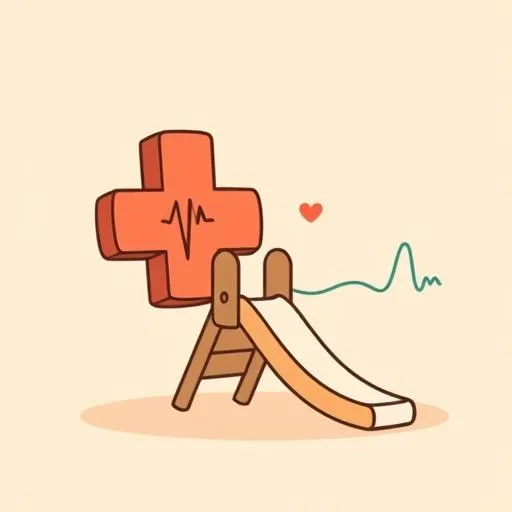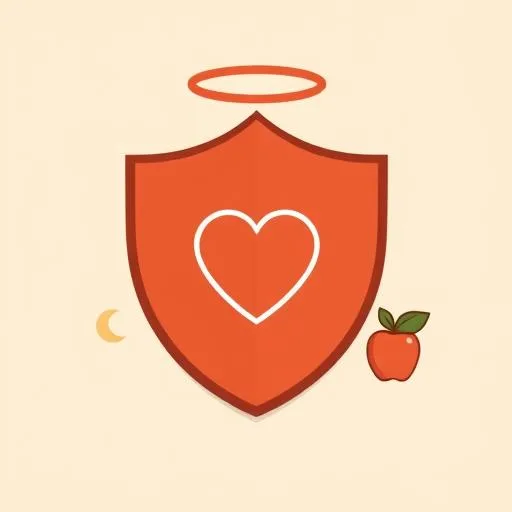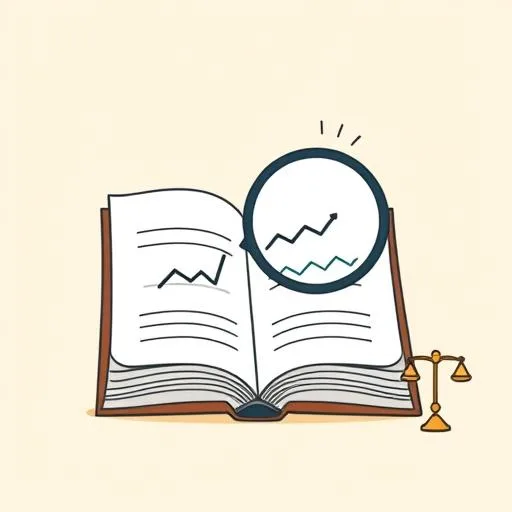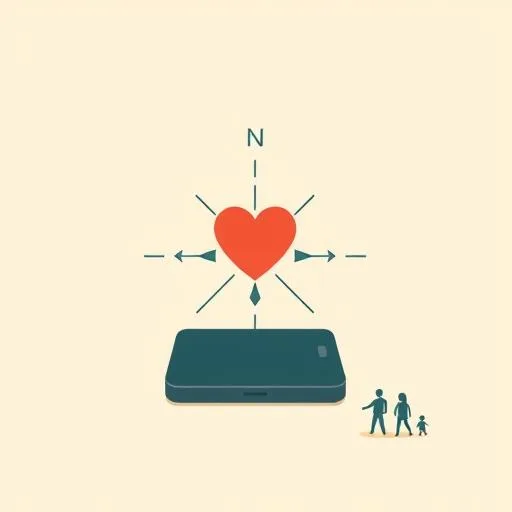
Real Madrid’s locker room got super quiet last season—not the focused kind of quiet, but the heavy hush of players on crutches. Can you believe how quickly joy turns to worry when someone we care about gets hurt? Muscle injuries to stars? Massive setbacks. Now they’re weaving AI into medical threads—a digital guardian whispering “slow down” before the snap. Ever noticed how your little one’s dance changes when they’re tired? That’s not just imagination—that’s their body telling a story we can learn to read!
How Madrid’s AI Becomes a Player’s Guardian Angel—and What It Means for Parents

Beneath the Bernabéu lights, a revolution hums quietly. Real Madrid’s new AI doesn’t replace doctors—it arms them with super-sight. Every heartbeat, sleep cycle, even stress whispers into a system that spots danger long before pain flares. According to Madrid Universal, it’s like a personal coach shouting “Pause!” when tendons strain invisible limits. And they’re not alone—Managing Madrid reveals elite clubs like Bayern Munich and Manchester City chase this same digital armor. Why? Because prevention beats cure, especially when legends bleed time on the bench.
The AI stitches together training loads, nutrition, and sleep patterns into “personalized profiles.” These profiles send alerts not when disaster strikes, but when risk shadows gather. Imagine knowing your kid needs extra rest before practice because their “data glow” dims subtly—like catching a sniffle before it swells, a key parenting insight for busy families.
Our Kids’ Hidden Signals: Science Meets Storytime in Everyday Parenting

Here’s where my heart skips: Science weaves into our living rooms too. A study of elite youth athletes found machine learning predicting injuries 3.5 times more accurately by reading bodies like storybooks—growth spurts, fatigue shadows, the way they hop off swings. Turns out, asymmetry in movement or restless nights sing warning songs we’ve missed.
What if we leaned into that energy? Not with cold screens, but warm eyes noticing when our child’s doodles get jagged after screen-time storms. Or how they drag toes when tired—tiny red flags waving. I remember when my daughter was dragging her feet after school instead of running to the playground like usual—that early signal saved us from a full-blown meltdown later. Just as Real Madrid’s medical team now tracks emotional well-being alongside physical stats, we might pause mid-rush hour: Is bedtime resistance really defiance, or just a silent cry for comfort?
It’s like that Korean saying “mal kkeut i eopda” (말 끝이 없다)—when you catch things early, the whole story changes direction! In our family meals, we’ve learned to notice the subtle cues between bites—my daughter will tell me when she’s reaching her screen-time limit without a word. Real Confidencial notes Madrid’s goal is reducing injuries through “individual roadmaps”—not rigid rules. Our parenting version? Tuning into rhythms, not schedules, embracing these parenting tips for deeper connection.
Tech as Compass, Not Map: Finding the Parenting Sweet Spot with AI Insights

Building on that same preventive approach, let’s look how these insights translate to our everyday parenting. Madrid knows AI’s just one stitch in the fabric. Same for us. Real Confidencial emphasizes that human insight guides the tech—not the reverse. My favorite parenting hack? Treating gadgets like a compass—not the map. When my little explorer gets tangled in tablet time, we pause. Not with scolds, but playful swaps: “What if we build a fort instead?”
AI can’t hug a scraped knee or laugh at mud pies. That’s our magic. Real Madrid’s system flags risks, but coaches still adjust training based on sweat and spirit. Similarly, apps tracking screen habits? Useful—until we notice our child’s eyes glazing over during family dinner. Then it’s time for the “digital sunset”: swapping devices for charades or whispered stories. Tech alerts, but love acts. And sometimes, the best tool is silence—like watching clouds with someone who trusts you’ll read the sky just right, a gentle parenting approach.
Gift Them Resilience, One Whispered Warning at a Time: Parenting Lessons from AI

Real Madrid aims to slash injuries 30% by 2026. We can’t promise stats, but we can promise this: When we catch the flicker before the flame—whether it’s a player’s hamstring or our child’s frustration—we gift them unbreakable resilience. Gray skies outside? Perfect chance to practice reading subtle cues together. Next time your kid hesitates before jumping off the porch step, lean in: “Feeling wobbly? Let’s spot each other.” That’s prevention speaking.
Science shows early intervention works wonders—in sports and playrooms. Like Madrid’s blend of GPS sensors and gut instinct, we mix tech with tenderness. Maybe it’s limiting screens before bedtime because tantrums spike, or swapping one gaming hour for garden bug hunts. Each small adjustment? A stitch in the future.
Because when we learn to read those subtle whispers in our children’s behavior—before they become loud cries—we’re not just preventing meltdowns. We’re building bridges of trust that will last a lifetime, teaching them that they’re seen, understood, and loved for exactly who they are in each moment.
Source: Real Madrid’s plan to revolutionise injury prevention through the use of AI – report, Madrid Universal, 2025/09/06 10:54:00
